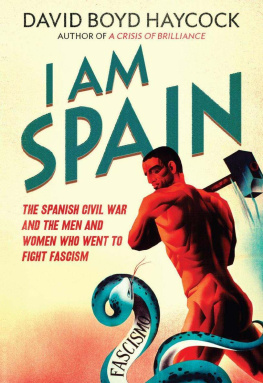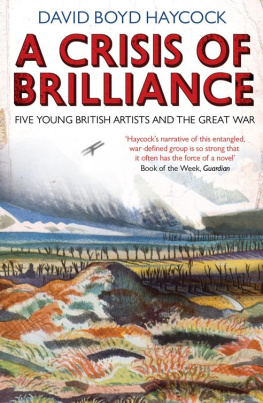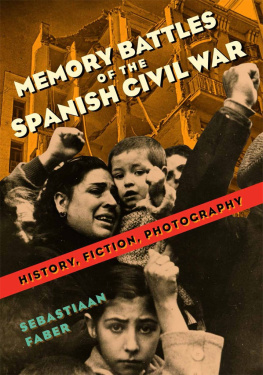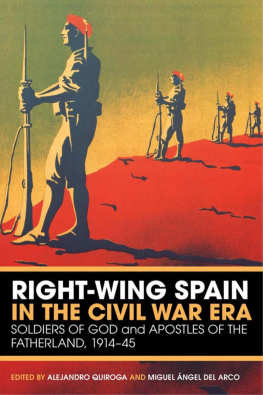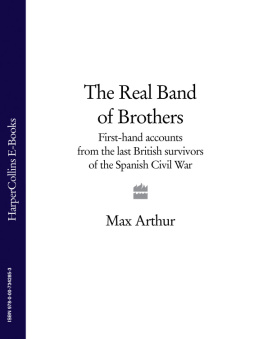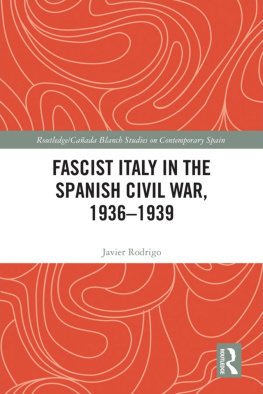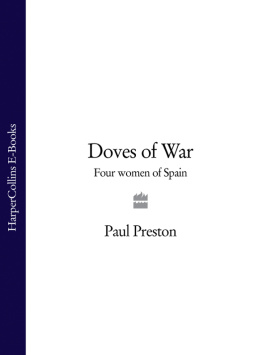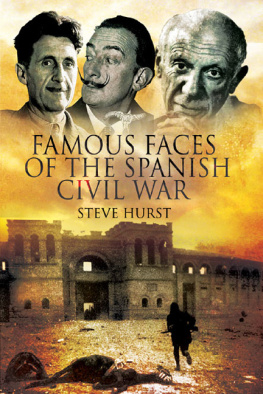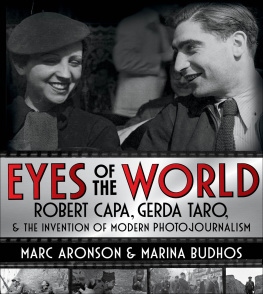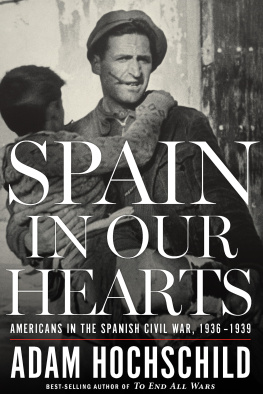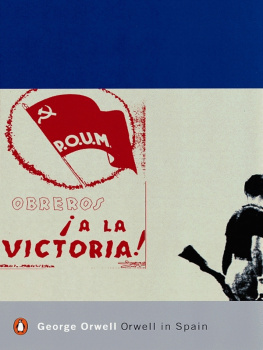Haycock manages the drama in this tale with such skill that his story unfolds like a well-plotted novel Never before have the private vicissitudes of these artists lives been made so real, or their exuberance so vivid
A vintage decade of early twentieth-century British art, told in vivid and entertaining detail through the adventures of five highly gifted young painters. I greatly enjoyed it
What gives David Boyd Haycocks book its freshness is that, through skilful use of letters and memoirs left by his five subjects, he injects it with the anxiety, ambition, self-doubt and jealousy that possessors of youth and talent are fated to feel
Haycocks narrative of this entangled, war-defined group is so strong that it often has the force of a novel, hard to put down We should call for a joint exhibition of their work, to complement the moving portrayal of their lives in this engrossing and enjoyable book
An extraordinary book. I read it avidly The familiar cast is handled in a quite new and original way. They have been made fresh and vulnerable once more, and their work re-evaluated made new to us
Haycock wears his learning lightly and has an enviably fluent and assured style of writing: you pick this book up and simply start reading. Rarely has art history seemed so agreeable
A sad tale, wonderfully told Haycock fades the many different narratives in and out with ease
I AM SPAIN
The Spanish Civil War and the
men and women who went to fight Fascism
DAVID BOYD HAYCOCK
For Genevieve and Nathaniel
CONTENTS
CHRONOLOGY
1936
17 July: Military rebellion against the Republican Government starts in Spanish North Africa.
18 July: Military rebellion spreads to mainland Spain.
20 July: General Franco sends emissaries to Mussolini and Hitler, requesting military assistance. General Jos Sanjurjo, nominal leader of the revolt, killed in an air crash.
20 July: Republican siege of the Alczar in Toledo begins.
26 July: Comintern agrees to raise funds and send international volunteers to support the Republic.
27 July: German and Italian airlift of the Army of Africa from Morocco to mainland Spain begins.
27 September: Rebels retake Toledo and lift the siege of the Alczar.
14 August: The Army of Africa storms Badajoz.
16 August: Catalan Republican forces attack Majorca.
3 September: Republican assault on Majorca abandoned.
24 August: Accompanied by numerous advisors, the Russian Ambassador to Spain arrives.
28 August: First bombing of Madrid by rebel planes.
4 September: Socialist leader Largo Caballero becomes Prime Minister.
9 September: In London, the Non-Intervention Committee holds its first meeting.
18 September: The International Brigades established by the Comintern.
1 October: General Franco proclaimed rebel Commander-in-Chief and Head of State.
6 November: Republican government quits Madrid for Valencia.
7 November: start of the battle for Madrid.
18 November: Francos regime is officially recognized by Germany and Italy.
14 December: The battle of Boadilla begins.
24 December: First Company of the English-Speaking Battalion mobilized.
1937
17 January: Rebels forces capture Malaga.
6 February: Rebels attempt again to capture Madrid, and the battle of Jarama begins.
8 March: Battle of Guadalajara begins as rebels attempt to take Madrid from the north.
26 April: German and Italian planes bomb Guernica.
3 May: Street fighting breaks out in Barcelona as anarchists and the POUM fight with communists.
15 May: Largo Caballero resigns as Prime Minister and is soon succeeded by Juan Negrn.
6 July: Battle of Brunete begins with a major Republican offensive.
25 August: Rebels capture Santander on the north coast of Spain.
31 November: Republican government moves from Valencia to Barcelona.
15 December: The Battle of Teruel begins.
1938
12 March: The Anschluss: Austria is annexed by Germany.
16 March: Italian bombers begin three days of intensive air raids on Barcelona.
1 May: Juan Negrns attempts to negotiate peace with Franco are rejected.
24 July: The Battle of the Ebro begins with a major Republican offensive.
21 September: Juan Negrn announces in Geneva that the International Brigades will be withdrawn from action.
15 November: the International Brigades hold leaving parade in Barcelona.
29 September: British Prime Minister Neville Chamberlain flies to Munich to meet Hitler in attempt to end the Czechoslovakian crisis.
9 November: Kristallnacht: Nazi pogrom against Jews in Austria and Germany.
23 December: Rebels launch offensive to capture Catalonia.
1939
26 January: Rebel forces capture Barcelona.
27 February: The British and French governments recognize Francos regime.
27 March: Rebel forces march into Madrid.
1 April: General Franco announces that the Spanish Civil War is over. US Government recognizes his regime.
1 September: Germany invades Poland.
3 September: Britain and France declare war on Germany.
GLOSSARY
Carlism: A political movement originating in the early 19th century with the aim of establishing a separate Bourbon monarchy in Spain.
CEDA: The Spanish Confederation of Right-Wing Groups, established in 1933.
CNT: The National Confederation of Labour: an anarcho-syndicalist labour union founded in Barcelona in 1910.
Comintern: The Communist International, established by Lenin in 1919 as a world-wide union of communist parties.
Commune de Paris Battalion: A unit of the International Brigades, chiefly made up of French and Belgian anti-Fascists.
CPGB: The Communist Party of Great Britain
CPUSA: The Communist Party of the United States of America.
Falange: The Spanish fascist party, founded by Jos Antonio Primo de Rivera in 1933.
FAI: The Iberian Anarchist Federation, founded in Valencia in 1927.
Garibaldi Battalion: A unit of the International Brigades, chiefly made up of Italian anti-fascists.
League of Nations: An international organization founded in 1919 with the aim of keeping world peace through disarmament and arbitration. Its effectiveness was undermined by the failure of the US to join.
PCE: The Spanish Communist Party.
POUM: The Workers Party of Marxist Unification: a chiefly Catalan anti-Stalinist communist organization founded by Andrs Nin in 1935.
PSOE: The Spanish Socialist Workers Party, founded in 1879.
Thlmann Battalion: A unit of the International Brigades, chiefly made up of German and Austrian anti-fascists.
UGT: The Amalgamated Union of Workers: A Spanish socialist trade union founded in 1888.


